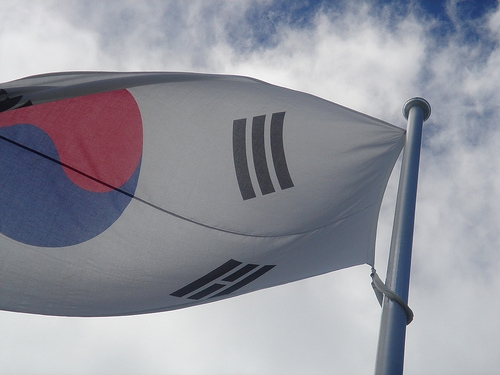
Capital outflows resulted in anticipation of BOK rate cuts
And the risks would also increase.
Noted that this was a product of anticipation over the Bank of Korea's (BOK) rate cuts, the expectations about these cuts have already resulted in capital outflows.
According to a research note from DBS, the KRW fell sharply against the USD and other emerging Asian currencies over the past one month.
The rise in the KRW/JPY cross rate has also come to a halt, thanks to the pause in the yen’s depreciation.
Here's more from DBS:
Another 25bps cut by the BOK will take the benchmark rate in Korea to the post-global financial crisis low of 2.00%.
The risks of capital outflows would increase, given the backdrop that global central banks including the US Fed are leaning towards normalizing interest rates from the crisis lows.
The biggest risk to our view is political factors. The BOK’s last two rate cuts in Aug14 and May13 both came immediately after the government’s call for supporting growth and announcement of fiscal stimulus measures.
The influence of political pressure on monetary policy decisions can’t be underestimated.
























 Advertise
Advertise






